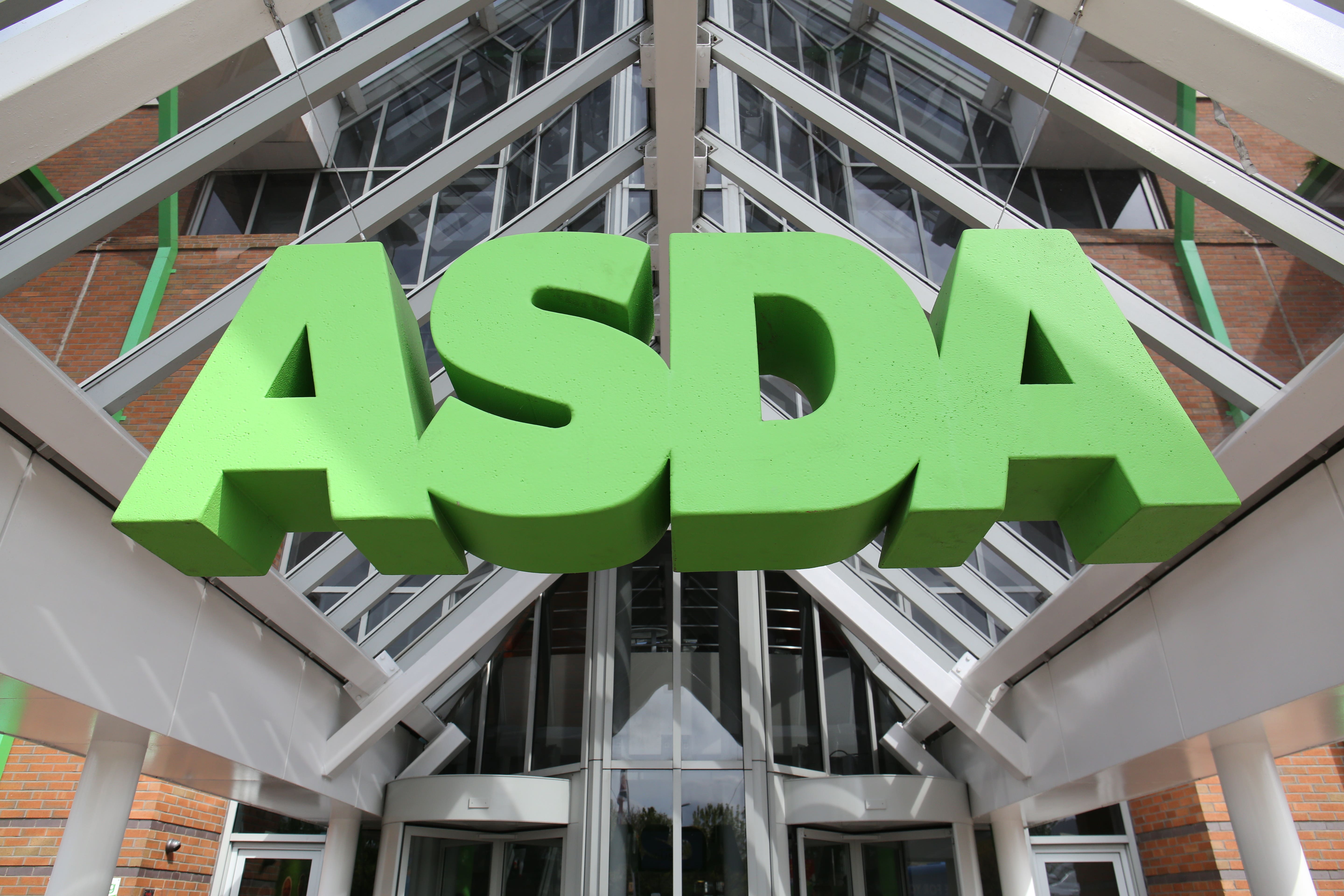Asda says its overall carbon footprint decreased by 7% in 2022
The UK retail giant released the annual update on its progress towards its environmental targets on Monday.

Asda said its total carbon footprint decreased by 7% in 2022 compared to the previous year as it published its environmental, social and governance report.
The UK retail giant released the annual update on its progress towards its climate targets, which include reducing greenhouse gas emissions from its own operations (Scope 1 and 2 emissions) by 50% by 2025, compared to 2015 and reaching net zero emissions by 2040.
The report says that the supermarket reduced its operational carbon footprint by 8% in 2022 compared to 2021, which means it has now made a 40% reduction compared to 2015.
It said this has been driven in part by the continued transition of its HGV fleet to biogas as well as rolling out lower carbon refrigeration and energy efficiency measures across stores.
Asda has also developed a measurement of Scope 3 emissions, meaning those from across its value chain including from suppliers and the products it sells.
It has now submitted a near-term Scope 3 target for validation to the Science-Based Targets Initiative, a global body that defines, promotes and approves the best practice in setting targets in line with the Paris Agreement goals of limiting warming to 1.5C.
It comes after the World Wide Fund for Nature (WWF), which is part of the SBTi, last week urged other retailers to match Tesco’s ambition after its plans to become carbon neutral across its operations by 2035 and across its entire value chain by 2050 were approved by the body.
An Asda spokesperson confirmed to the PA news agency that the supermarket expects to have its Scope 3 target validated later this year.
This means it will have credible targets covering Scopes 1, 2 and 3 and including a specific Scope 3 target for emissions originating from forests, land and agriculture.
The spokesperson added that both Asda’s Scope 3 emissions and its overall emissions, including Scope 1, 2 and 3, were reduced by 7% in 2022, compared to 2021.
The report also revealed that the supermarket donated 2,173 tonnes of surplus food to charity from its stores, depots and home offices in 2022.
However, this equates to 15.5% of its business food waste with Asda acknowledging “considerable challenges” to food forecasting due to supply chain inconsistencies and uncertainty caused by Brexit, the pandemic, the war in Ukraine and driver shortages.
Asda said it also removed best before dates on almost 250 fresh fruit and vegetable products as well as changed its own brand yoghurts to a best before date to help customers reduce food waste.
In terms of recycling in 2022, the supermarket said it increased the proportion of own-label packaging that can be recycled at the curbside to 88%, with a further 4.7% recyclable in store.
It also introduced the Refill Price Guarantee on its in-store refill zones that guarantees unpackaged products are cheaper than their packaged equivalents.
The supermarket said it also recycled, reused or repurposed 86% of its operational waste and sent no operational waste to landfill.
The report also outlined social initiatives Asda put in place to support customers and communities during the cost-of-living crisis, including the Just Essentials range, the Asda Rewards app and Kids Eat for £1 in Asda Cafes.
I am committed to growing Asda for the long term – and ensuring that the great value this business is known for can reach even more communities in the UK
Meanwhile, the Asda Foundation charity invested over £4 million across its grants and Green Token Giving scheme.
Alongside the supermarket itself, the foundation also pledged a £1 million package to support displaced Ukrainian families in Europe and the UK following the invasion by Russia.
In terms of diversity and inclusion, the report said Asda set a target in 2021 to increase the proportion of female store managers by 2025, but the number “remained stable” in 2022.
Mohsin Issa, co-owner at Asda, said: “I am committed to growing Asda for the long term – and ensuring that the great value this business is known for can reach even more communities in the UK.
“Our third ESG Report demonstrates the progress we are making and underlines our continued commitment to delivering value to our customers by saving them time and money, through delivering a compelling consumer proposition across all formats.”
Bookmark popover
Removed from bookmarks